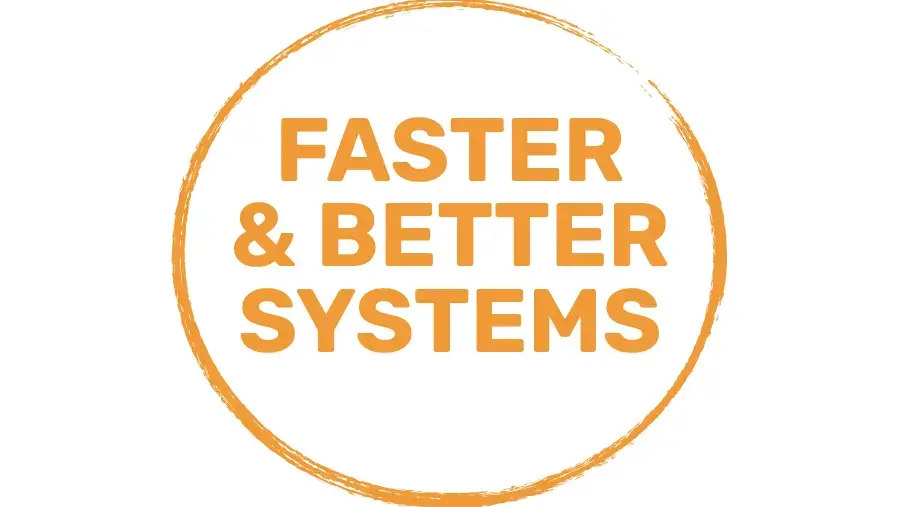Regional Prepositioning Initiative - Steamlined Systems
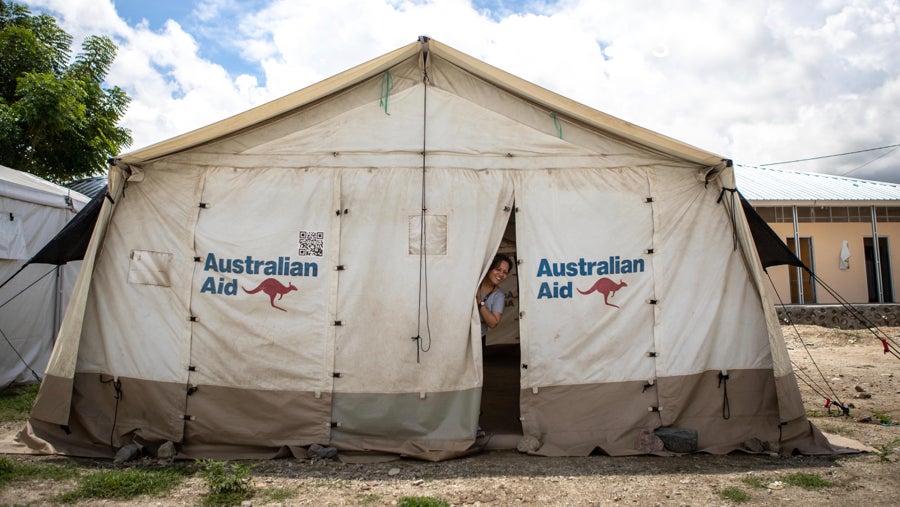
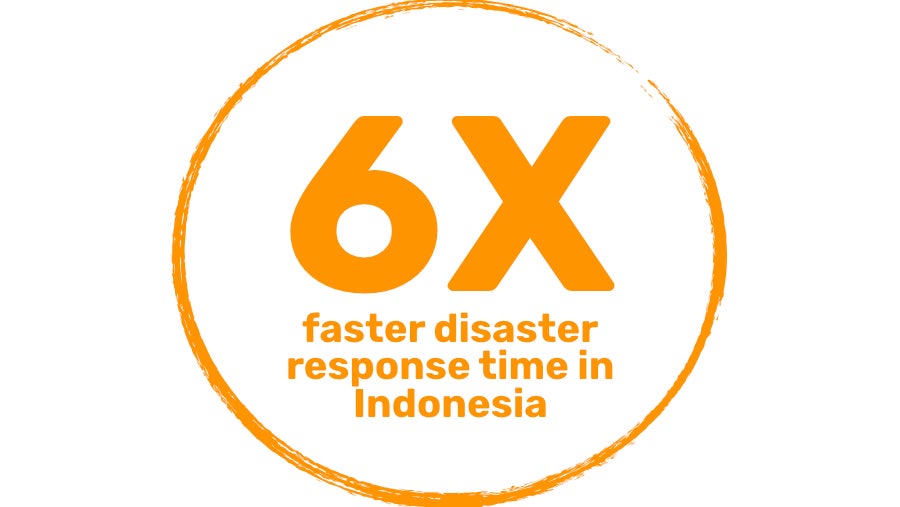
Prepositioning allows UNFPA to respond faster
Prior to the Regional Prepositioning Initiative, key challenges faced by UNFPA to ensure a timely humanitarian response were long procurement lead-times and the absence of supplies already in the country. By strategically prepositioning supplies in 11 priority countries and two regional hubs in Brisbane, Australia, and Suva, Fiji, UNFPA was able to improve its response in terms of speed, quality and efficiency.
Prior to the Regional Prepositioning Initiative, it often took 4-6 weeks to have supplies on the ground. Through the Regional Prepositioning Initiative, the response time in Indonesia was three to seven days; in Fiji 24 to 48 hours; in Tonga 48 to 72 hours; in the Philippines one to two weeks.
In Indonesia the Regional Prepositioning Initiative enabled for a six times faster emergency response. With supplies prepositioned in the country, it took a maximum of seven days to respond to an emergency, compared to 42 days (six weeks) in the absence of prepositioned supplies as prior to the Regional Prepositioning Initiative.
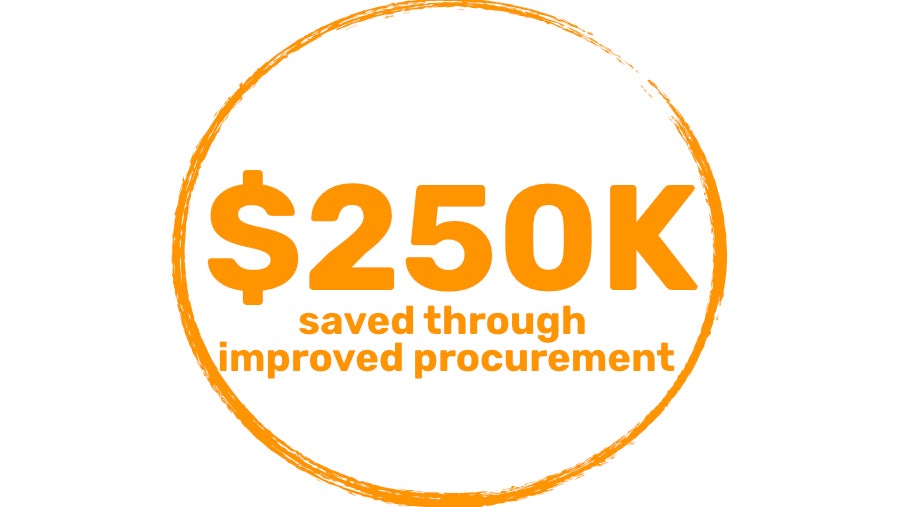
Prepositioning reduces transport costs
The Regional Prepositioning Initiative has also enabled a reduction of costs when compared to previous responses. Across Phase 2 of the Initiative, UNFPA saved US$250,000 by transporting supplies by sea rather than by air, based on quotes received at the time of procurement. While the Regional Prepositioning Initiative also covers all warehousing and insurance costs associated with prepositioning supplies, this cost is approximately $50,000 annually across all warehouses, meaning that prepositioning is cost effective.
Emergencies disrupt markets, and costs of procuring basic items such as those found in UNFPA’s dignity kits can quickly increase. The Regional Prepositioning Initiative has reduced response costs by drawing on long-term agreements with suppliers of dignity kits. UNFPA was able to save US$93,040 across a two year period by drawing on UNFPA’s global agreement with a supplier for the procurement of dignity kits for the Fiji and Brisbane warehouses, compared to the price of kits that were previously procured for the Pacific context.
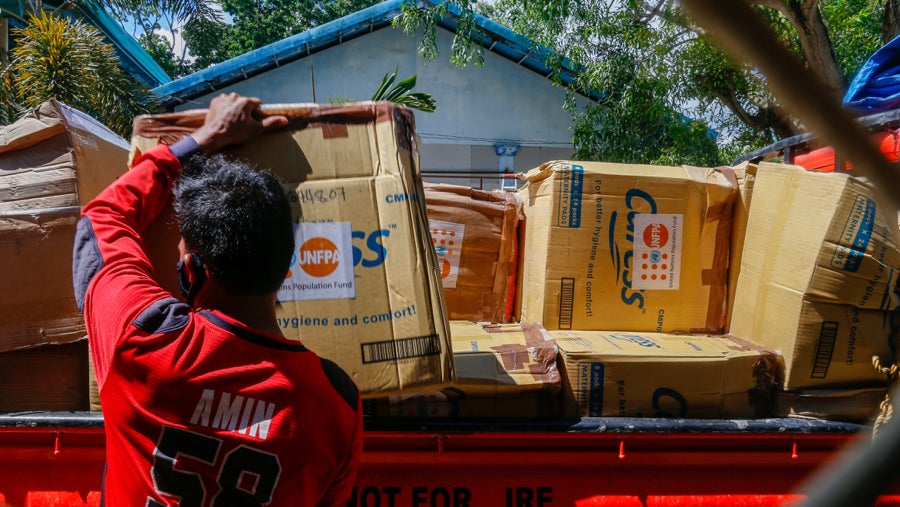
Prepositioning the right supplies in the right quantity at the right time reduces waste
Expiry of supplies prior to use in an emergency is a risk with large procurements. For the Regional Prepositioning Initiative, procurement plans are developed based on previous disasters, understanding the needs in each country, and working with partners on forecasting and planning to mitigate this risk. Over a two year period in Phase 2, prepositioned supplies that were approaching expiry were donated to national partners in Bangladesh, Fiji and Myanmar, ensuring they were able to be well utilised by partners. The combined write-off value of these donated supplies ($13,512) represents just 1% of the total value of supplies distributed in that same period ($1,271,474) which is considerably less than other UN agency parameters of 5% of emergency supplies being written off.
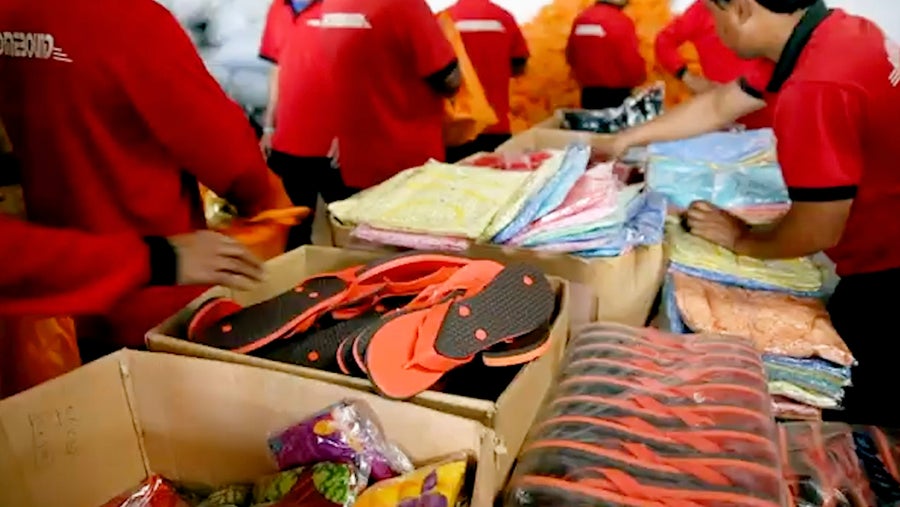
RPI PHASE 2 | TRAINING | EMERGENCIES | RESPONSIVE | SYSTEMS | SUPPLIES | IMPACT

